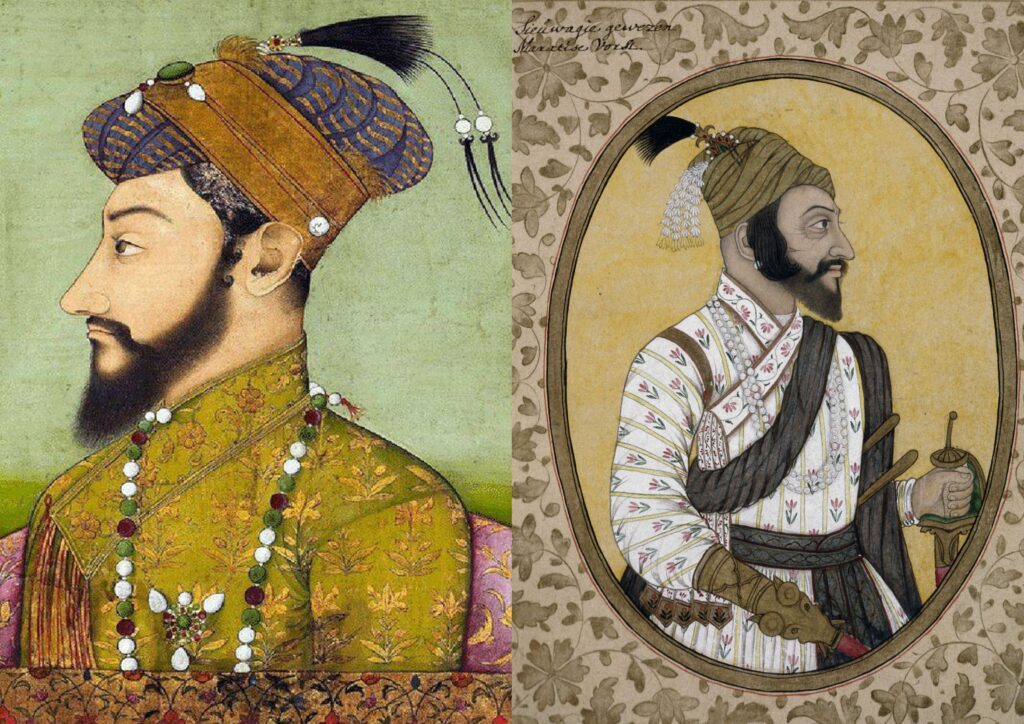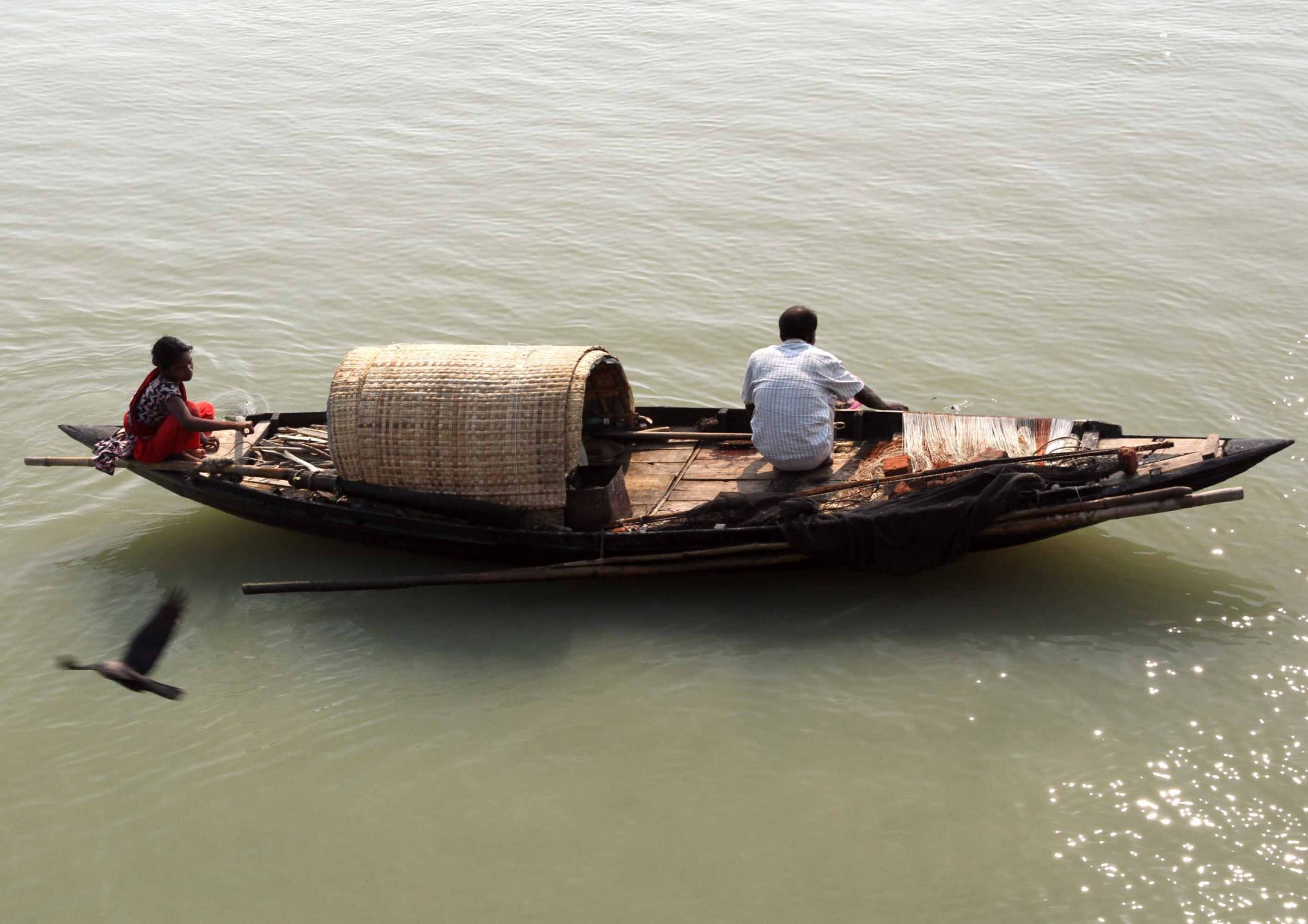
By M Ahmedullah
The recent Hindu-Muslim communal violence in several places in India, which I found pretty worrying, prompted and compelled me to take an interest in knowing the details and who was doing what. I wanted to know what was happening and understand their causes. Over the last week, I have watched many discussions and debates in various Indian online media channels on what happened and how the BJP and RSS politics and their interpretations of history were involved, and I learnt something about the mood in India regarding the violence. I also made an assessment of how things are developing in India in terms of interpreting Indian history – including the ascending and descending versions of history – and the implications drawn by different groups, and what may lie in the future.
I knew for a while that historical interpretations generate mental links between individuals, places and issues, on the one hand, and on the other conscious and subconscious logic that determines how people evaluate historical events, which compel many to develop a strong sense of right and wrong about certain historical events, personalities involved and the subsequent short and long term consequences. In many cases, evaluations are manufactured in advance for political purposes and particular historical interpretations are designed to support that.
Clearly, at the moment and for several decades, the Hindu nationalist interpretations of the history of the Indian subcontinent have been on the rise and generating the most emotional energy in those who get sucked into the clutches of Hindu nationalism and their embracing warm hugs. Had these interpretations, or rather reinterpretations, resulted from a new school of thought – which would have inevitably generated both good and bad history as with any school of thought – engaging with them critically to examine their validity would have been exciting and rewarding and also perhaps to fresh discoveries and new understanding. Moreover, it would have helped generate a deeper and more contextual understanding of history.
However, Hindu nationalist interpretations and reinterpretations of Indian history are primarily political in nature and mainly directed against Indian Muslims, holding them responsible (in a variety of ways) for the politically arrived-at judgements on the Sultanate and Moghul invasions and their rules over various places in India for nearly one millennium. The anger and violence directed at Indian Muslims through their deligitimisation by Hindu nationalist interpretations of Indian history are very worrying developments. They pose an existential threat to Indian Muslims. I can see the problems for Indian Muslims getting worse, and nothing comes to mind that suggests that things might improve and help a reversal of the situation anytime soon.
I think I have understood how the Hindu nationalists engage with Indian history and disseminate their interpretations among the public, many of whom consume them with a sense of mission, zeal and fanaticism. Those influenced by the Hindu nationalist interpretations of history want to ‘right the wrongs of the past’ committed by ‘Muslim invaders of India’. Indian Muslims remind them of past humiliation, whom they also consider traitors for following the religion of the ‘invaders’ who ‘looted India, destroyed temples, killed and forcibly converted Hindus in large numbers, the ancestors of Indian Muslims, to become Muslims’. Nothing can be done about it, at least not now, and, I am afraid, for a long time to come. The ears and minds of ordinary followers of Hindu nationalism will be closed to a greater objective, critical evidence-based history, at least for now. I cannot imagine how long that ‘now’ might be, but I know nothing lasts forever or for a very long time. The danger for Indian Muslims and their marginalisation and delegitimisations will continue to increase.
I have noticed how Hindu nationalist interpretations of Indian history selectively pick materials and mix them up anachronistically, in terms of space and time – without considering the quality of the historical documents and reports utilised and the scientific evidence in the genetics of the population mix, migration and archaeology. Hindu nationalists are not alone in this regard. This is a feature of all forms of nationalism as nationalism always involves inclusion and exclusions – where often, some of the excluded want to come in, and some of the included wish to exit.
I have also seen the same thing happening in Muslim nationalism and Bengali nationalism which I experienced personally and have rejected them both for their invalid generalisations and the anachronistic misuse of historical documents and evidence, and also the internal moral logic that such interpretations generate, which compels their followers to try to right the wrongs of the past, which triggers new generation of people to commit new injustices and unjustifiably othering and excluding of certain innocent people who also have equal rights to the world, especially to their motherland.
Although when something gets deeply entrenched among the masses, such as Hindu nationalist interpretations of history with their sense of right and wrong generating communal polarisation and violence caused by a strong desire to right the wrongs of the past, it becomes very difficult – although not impossible – to deal with their danger and respond effectively to the people causing them. However, if left unchecked, their roots embed deeper and more profoundly with time. Their views and perspectives become more entrenched and generate ever-more hateful emotional energy. But as the Hindu nationalist interpretations of history are based on selective picking of materials, anachronistic joining together of space and time events, the quality of some of the materials utilised being suspect and important evidence excluded – just like most other forms of nationalist interpretations of history – it is not going to be that difficult to challenge and humble the ‘morally confident’ Hindu nationalists who got their energy from their particular interpretations of Indian history.
The formula needed to engage with the Hindu nationalist interpretations of history should be based on the following principles:
- Develop a good overall knowledge of Indian history, including periods outside the Sultanate and Moghul rules.
- Collect and study the main sources of historical knowledge – written records, archaeological and scientific investigations, including DNA research.
- Focus on the main specific claims of the Hindu nationalists – look at all the sources they have utilised; examine the validity and quality of their evidence; explore whether their interpretations follow logically from good evidence – to assess the emotional energy sources of the followers of Hindu nationalism.
- Objectively examine all Indian history and personalities involved with the same standards and yardsticks – re quality of evidence, critical step-by-step process of moving from evidence to conclusions and passing moral judgements.
- Make efforts to empower people – not already in the clutches of the Hindu nationalist interpretations of history – with powerful, evidence-based non-anachronistic critical history, including focusing on the main charges of the nationalist history.
This process will enable the newly empowered people to feel more confident and equipped with a critical evidence-based understanding of history to stand up to and engage with the Hindu nationalist interpretations of history. Over time, this will also reduce the hateful emotional energies of those who feel it’s not only a good thing but a moral duty to terrorise and delegitimise Indian Muslims. The same process can also challenge and stop other forms of nationalistic interpretations of history from gaining ground and eventual dominance and monopoly.
